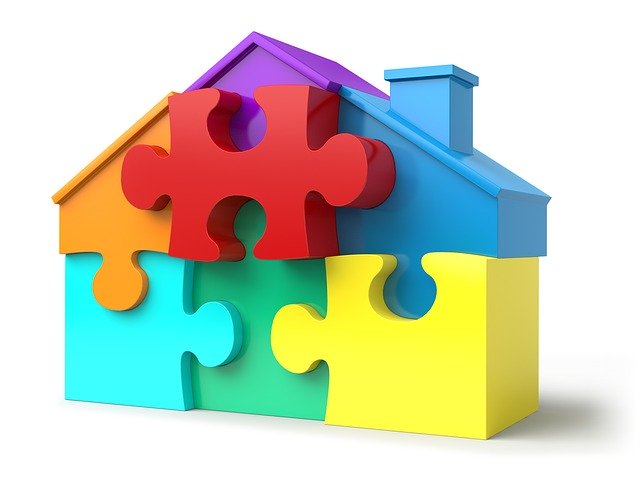If you’re a homeowner, you can borrow against the equity in your home and consolidate your debt with a Home Equity Loan or Home Equity Line of Credit (HELOC). Equity is the value of your property based on how much you have paid down on your first mortgage. While equity loans often provide lower interest rates than unsecured financing, there are risks and disadvantages that should never be overlooked.
A Home Equity Loan is a closed-ended account that’s repaid over a period of time. It is a second mortgage on your home that takes the form of a lump-sum distribution, so you have to choose the specific amount to borrow upfront. You make equal monthly payments over the full term of the loan until it is repaid.
Interest on home equity loans is usually much lower than on credit card debts. You have a much lengthier repayment period on a home equity loan means your monthly payments could be much smaller.
When compared with HELOCs, home equity loans generally come with higher interest rates because they offer the security of a fixed rate.
However, to secure your home equity loan, your lender puts a lien on your property in the same way your original mortgage lender does. This puts you at an increased risk of property loss if you don’t meet your repayment obligations. A job loss or other bills piling up that cause you to miss first or second mortgage payments can become a serious problem.
Unlike credit lines, an equity loan is repaid in monthly installments, similar to your first mortgage so your monthly debt commitment rises. This means you owe the installment amount each month until your debt is entirely repaid.
While your home is the place you live, it is also property investment. Borrowing an additional amount against your equity reduces the net worth of your property asset. This means that if you ever sell your home, you would walk away with less money because you have to pay off two loans. Plus, paying off additional principal and interest each month prevents you from paying down your first loan more quickly.
And the biggest disadvantage is that it is nearly impossible to discharge a home equity loan. You either pay it or your home goes into the power of sale or foreclosure. Credit card debt is dischargeable. If you have a hard time managing debts, the chance that you might lose your home makes the conversion of consumer debt to property debt very risky.
Unless you have a very solid income and live in an area where home prices are consistently rising, replacing consumer debt with an equity loan is probably not a good idea. You should consider consolidating credit cards or other unsecured debt without using home equity first. To do that, contact SAN Mortgages to develop a proper strategy for your debt consolidation.

